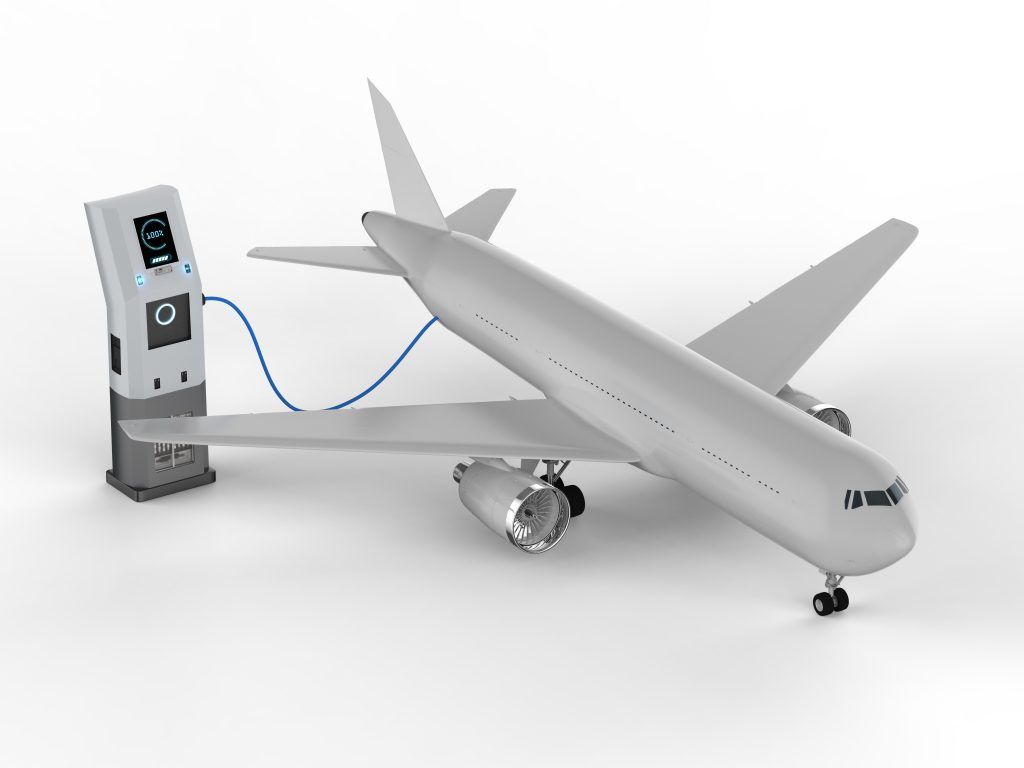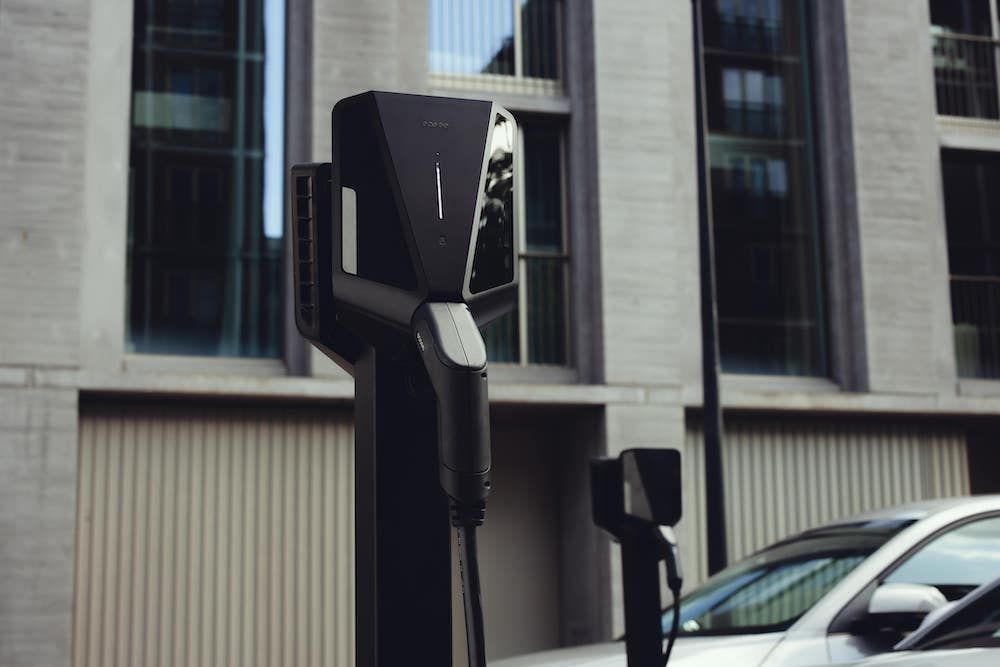The Environmental Audit Committee has urged the Government to hold the aviation industry accountable for its proposed emissions reductions, as it publishes the Government’s response to its report on net zero aviation.
The Government’s plans for delivering net zero aviation are set out in the Jet Zero Strategy, published in 2022. In this plan, the Government expects technological measures, like increasing fuel efficiency and the adoption of sustainable aviation fuels, to reduce emissions significantly each year.
To maintain this ambition, in its report the Committee called on the Government rigorously to monitor the industry’s progress, and to reassess its approach if system efficiencies alone fail to meet the 2050 net zero trajectory. Committee members called for the first review of the Jet Zero Strategy to be brought forward from 2027 to 2025 to determine whether the sector remains on track.
In response, the Government confirms that its model assumes that fuel efficiencies will improve by 2% each year, in line with evidence from the aviation sector. But it says it will keep these assumptions under review and consider whether further action is needed in future to meet net zero targets. For example, it does not rule out measures designed to reduce demand for flights, like a frequent flyer levy, if a future review suggests that new fuels and improved technology alone are not sufficiently reducing emissions. In its report the Committee had warned Ministers that demand management measures might need to be considered if reviews of the strategy show that it is not on track to deliver the emissions reductions expected.
In its original report, the Committee welcomed the Government’s decision to include international aviation emissions in the UK’s carbon budgets from the Sixth Carbon Budget onwards. This will oblige the Government to take into account the UK’s share of global aviation emissions when preparing to meet that budget, which covers the period 2033 to 2037. But the Committee also noted in its report that this had not yet come into force, and recommended the Government bring forward legislation for the change “without further delay”. In its response, the Government says it will legislate to include international aviation emissions in the Sixth Carbon Budget “at the earliest opportunity, subject to Parliamentary scheduling”, but does not commit to doing so by a specific date.
Elsewhere in its response, the Government agrees with the Committee’s recommendation to commission research into aviation’s non-CO2 emissions. It points to a multi-year research programme, launched last year, which it says will improve the Government’s understanding of how non-CO2 emissions interact over time, and how their impacts can be mitigated. Understanding the climate impact of hydrogen-powered aircraft will be a key focus of the programme, it adds.
Environmental Audit Committee member, Jerome Mayhew MP, said:
“Decarbonising the aviation industry has proved difficult; but it is a critical part of the UK’s pathway to net zero.
“There is considerable energy and ambition within the aviation sector to deliver the necessary reductions in emissions. I welcome this ambition but the Government needs to make sure that ambition is translated into actual results.
“If a future review of the Jet Zero Strategy – which the Committee recommended takes place by 2025 – reveals that sufficient progress is not being made, the Government must not be afraid to alter course mid-flight to maintain progress towards our net zero goals.”
Image courtesy of Shutterstock.














